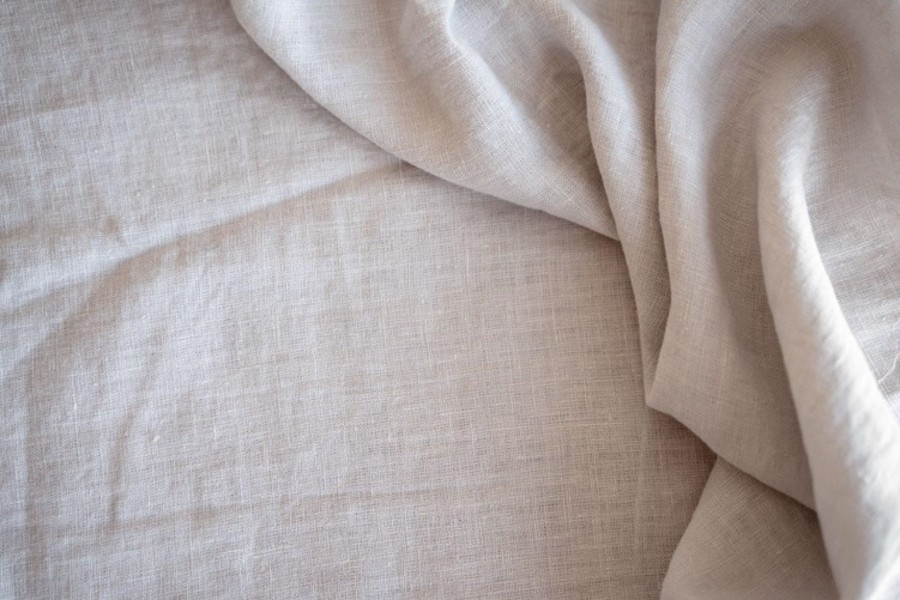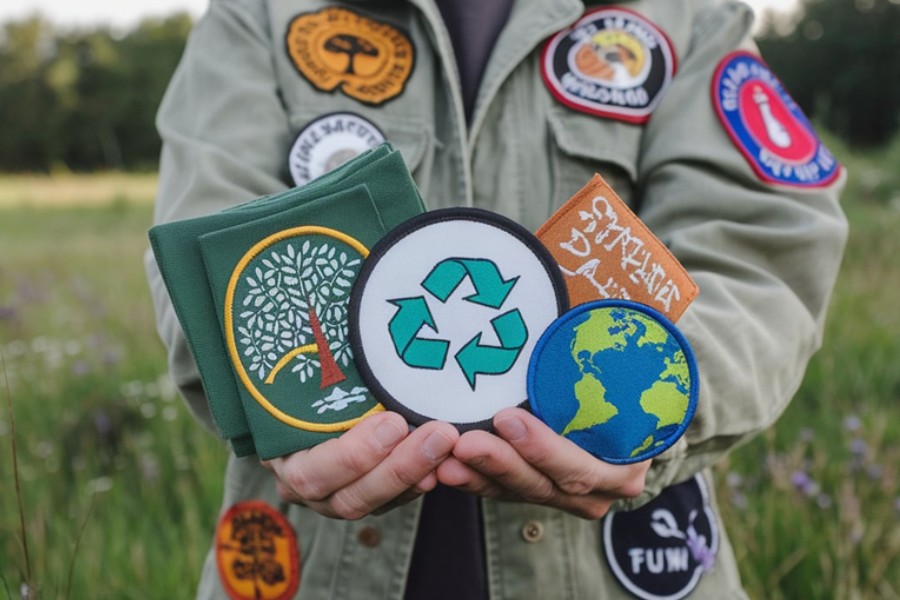
Are you on a mission to live a more sustainable lifestyle?
One of the key areas where you can make an impact is your clothing choices. But with so many options out there, it can be hard to know which fabrics are truly eco-friendly. Two popular fibers that often come up in this conversation are rayon and cotton. Both have their benefits, but which one is truly the most sustainable? In this blog post, we’ll dive into the details and help you make an informed decision for your next shopping spree!
What Is Rayon?
Rayon is a synthetic fiber made from cellulose. It is typically used to make clothing and other textile products. Rayon is considered to be more sustainable than cotton because it requires less water and energy to produce. Additionally, rayon can be recycled, which helps to reduce waste.
What Is Cotton?
Cotton is a natural fiber that comes from the cotton plant. The cotton plant is a shrub that grows in warm climates, such as the southern United States. Cotton fibers are used to make cloth. Cloth made from cotton is comfortable to wear and easy to care for.
Cotton is a sustainable fiber because it is a renewable resource. The cotton plant can be grown again and again, providing a never-ending supply of cotton fibers. Cotton is also biodegradable, meaning it will eventually break down and return to the earth when it is no longer needed.
The Difference Between Rayon And Cotton
Rayon is often touted as a more sustainable alternative to cotton, but is that really the case? Let’s take a closer look at the two fibers to see what the difference is.
There are multiple differences between rayon & cotton fabric. Rayon is a synthetic fiber made from cellulose, which can come from wood pulp or other plant-based materials. Cotton, on the other hand, is a natural fiber made from the cotton plant. Because of this, rayon is often cheaper to produce than cotton.
In terms of sustainability, both rayon and cotton have their pros and cons. Cotton is a renewable resource, meaning it can be grown again and again. However, it takes a lot of water to grow cotton – up to 5 times more than other crops like wheat or corn. This can put a strain on local water supplies.
Rayon production can also have negative environmental impacts. The process of turning cellulose into rayon uses harsh chemicals that can pollute the air and water. And because rayon is often made from wood pulp sourced from old-growth forests, it can contribute to deforestation.
So, which is the more sustainable fiber? It depends on how you look at it. If you’re concerned about water usage, then cotton may not be the best choice. But if you’re worried about chemical pollution, then rayon might not be the best either. Ultimately, the decision comes down to your own values and preferences.
Which Is More Sustainable?

There are a few factors to consider when determining which is the most sustainable fiber. First, let’s look at the environmental impact of each. Cotton is a natural fiber that requires a lot of water and chemicals to grow. It also takes a lot of energy to convert into fabric. Rayon is made from cellulose, which can come from sustainable sources like bamboo, but it also often uses toxic chemicals in the manufacturing process. So, from an environmental standpoint, rayon may be the more sustainable option.
However, there are other factors to consider as well. For instance, cotton is more durable than rayon, so it will last longer. And, while rayon can be recycled, it’s not as easy to do so as cotton. So, when you take all things into consideration, both options have their pros and cons when it comes to sustainability.
How To Shop For Sustainable Fabrics
There are a few things to keep in mind when shopping for sustainable fabrics. First, consider the origin of fiber. If it’s from a sustainably managed forest or certified organic farm, that’s a good sign. Second, look at how the fabric is made. Does it use eco-friendly dyes and processes? Third, think about the end of the fabric’s life cycle. Is it biodegradable or recyclable?
Here are a few sustainable fabric options to look for:
Organic cotton: Cotton that’s grown without synthetic pesticides or fertilizers is more environmentally friendly than conventional cotton. Look for the USDA Organic label to be sure it meets these standards.
Linen: Linen is made from flax plants, which require little water and no pesticides to grow. It’s also biodegradable and recyclable.
Hemp: Hemp is another low-impact crop that doesn’t require much water or chemicals to grow. It’s also durable and breathable, making it a great option for clothing.
Recycled polyester: Conventional polyester is made from petroleum, which isn’t very sustainable. However, recycled polyester uses post-consumer waste like water bottles or plastic bags that would otherwise end up in landfills.
What Is Tencel Fabric?
Tencel fabric made from cellulose that is derived from wood pulp. The wood pulp is sourced from sustainably managed forests and the manufacturing process is done in a way that minimizes waste and emissions. The end result is a soft, silky fabric that is durable and has a low environmental impact.
Conclusion
When taking sustainability into consideration, rayon and cotton are both good options. Rayon is a more sustainable choice since it requires less water to produce than cotton and produces fewer greenhouse gases. However, cotton is often the more affordable option due to its wide availability. In the end, your decision should depend on your budget and preference for sustainable materials.
Become a Harlem Insider!
By submitting this form, you are consenting to receive marketing emails from: . You can revoke your consent to receive emails at any time by using the SafeUnsubscribe® link, found at the bottom of every email. Emails are serviced by Constant Contact








